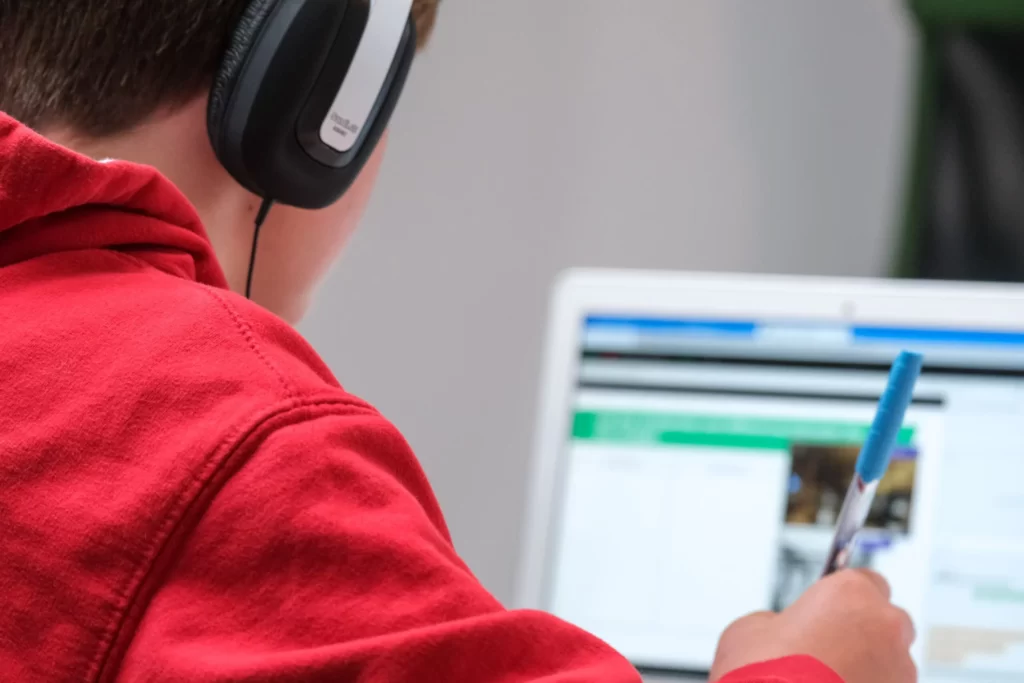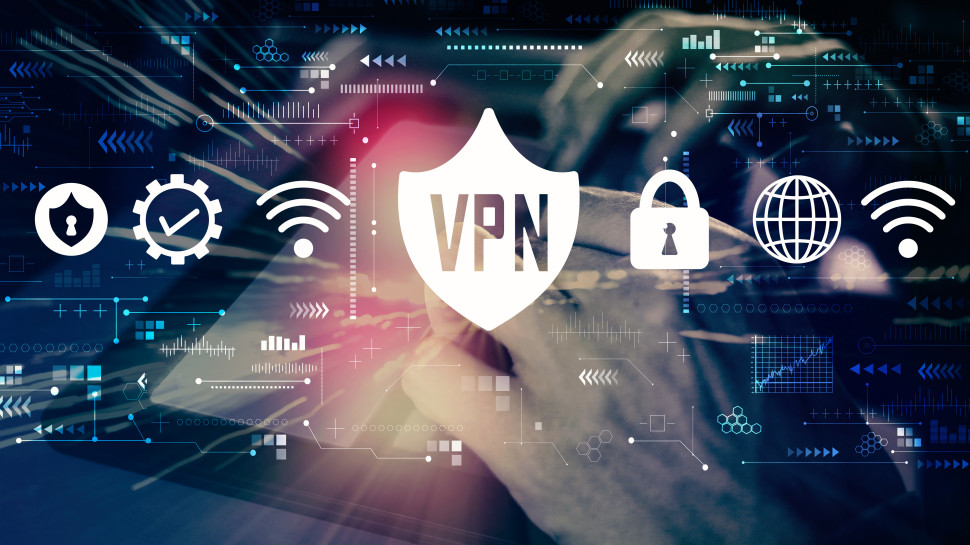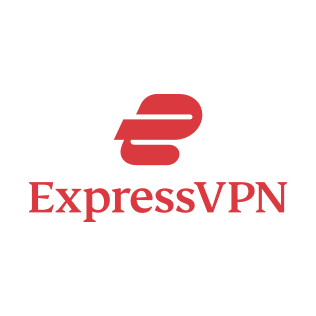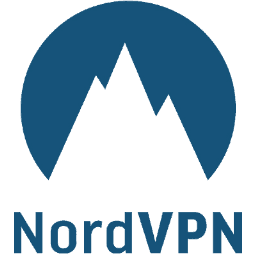
In an ever-connected digital era, the practice of schools blocking VPNs has become a focal point of online discourse.
This blog sets out to unravel the rationale behind this phenomenon, shedding light on the clash between educational institutions and the virtual shield of VPNs. Before diving into the whys and wherefores, let's understand what a VPN truly entails.
A Virtual Private Network, or VPN, serves as a cloak of online privacy, masking one's digital footprint. But why do schools curb this shield? Join us as we dissect the intriguing world of VPN blockades within educational domains.
Why Schools Use Internet Filters?
Schools employ internet filters for a multitude of reasons, each contributing to a safer and more productive online environment. Safety takes precedence, as filters block inappropriate content, shielding students from harmful influences.
Distractions are minimized, allowing learners to focus on educational tasks. Legal compliance is ensured by filtering out copyrighted or illegal material. By curbing access to potentially harmful or irrelevant online content, schools create a controlled digital space conducive to learning, helping students stay safe, engaged, and on the right side of the law.
Understanding The Need for a VPN in Schools
The need for a VPN in schools arises from several scenarios where students seek enhanced online capabilities. Accessing blocked educational resources is a common reason, enabling students to bypass content restrictions and broaden their learning horizons.
Additionally, a VPN ensures online privacy, safeguarding personal data from potential breaches. It also permits secure access to public Wi-Fi networks, shielding students from cyber threats. In essence, a VPN empowers students with greater freedom to explore educational content while maintaining their privacy and security within the digital landscape of the school environment.
Reasons Why Schools Block VPNs?

Schools block VPN services for a range of critical reasons, ensuring a conducive learning environment:
Maintaining a Safe Online Environment
Schools block VPN services to ensure students are protected from accessing inappropriate or harmful content.
By restricting VPN usage, educational institutions can maintain control over internet access, filtering out websites and platforms that might expose students to unsafe or unsuitable material. This measure helps create a secure online environment that aligns with the school's commitment to student well-being and safety.
Preventing Distractions in Class
Blocking VPNs is a strategy employed to enhance classroom focus and productivity. By limiting access to entertainment websites and apps, schools reduce the potential for students to become distracted during lessons.
This proactive approach supports a more engaging learning atmosphere, enabling both teachers and students to stay on track and make the most of educational opportunities.
Network Security Concerns
Schools recognize the security risks associated with VPN use. While VPNs are often used for legitimate privacy reasons, they can also be utilized to mask illicit activities or bypass network security protocols.
By blocking VPN services, educational institutions can mitigate the potential threats posed by unauthorized and unmonitored network connections, ensuring the integrity and safety of the school's digital infrastructure.
Bandwidth Conservation
Network resources are not infinite, and excessive use of VPNs can strain available bandwidth. The encryption and rerouting processes involved in VPN connections can lead to slower internet speeds for all users on the network.
Blocking VPNs helps manage and optimize bandwidth allocation, ensuring that everyone benefits from faster and more reliable internet connections, particularly during crucial educational activities.
In essence, the decision to block VPN services in schools is rooted in the overarching goals of creating a safe, focused, and efficient online learning environment. These measures align with the institution's commitment to student welfare, academic engagement, network security, and overall educational quality.
Choosing A VPN That Works In Schools: ExpressVPN
Discover ExpressVPN, a robust contender for school networks. With its top-tier security and user-friendly design, it offers encrypted connections that align well with educational settings.
Check our top-rated list of VPNs and explore the edge of ExpressVPN compared to the other VPNs:
Students can access blocked resources responsibly, respecting school policies, and fostering digital literacy. ExpressVPN's protective features extend to public Wi-Fi, ensuring safer connections.
By integrating ExpressVPN thoughtfully, schools can provide secure access, promote responsible online behavior, and enhance the educational experience.
Conclusion
In conclusion, the decision to block VPNs in schools is rooted in maintaining safety, focus, and network integrity. While this might limit certain online freedoms, responsible VPN usage can enhance the educational journey.
ExpressVPN, with its security and access benefits, presents a suitable option. Students are urged to uphold school policies while utilizing tools like ExpressVPN to safeguard their online privacy and responsibly explore educational content.
By striking this balance, students can thrive in a secure digital environment that respects both their learning needs and the school's policies.
FAQs
Why do schools block VPNs?
Can students still access educational resources with VPNs blocked?
Are all VPNs used for malicious purposes?
What should students consider before using a VPN at school?
How can students respect school policies while using VPNs?
Students should use VPNs responsibly and adhere to school policies. When using a VPN like ExpressVPN, they can prioritize educational content and avoid using it to bypass security measures or access inappropriate websites.

Thomas Smith is the editor of forprivacy.org, overseeing a team focused on building the voice of the cybersecurity world through guides, reviews articles and community. His background is as a writer and seasoned software industry veteran with 10 years of experience.
More Posts



